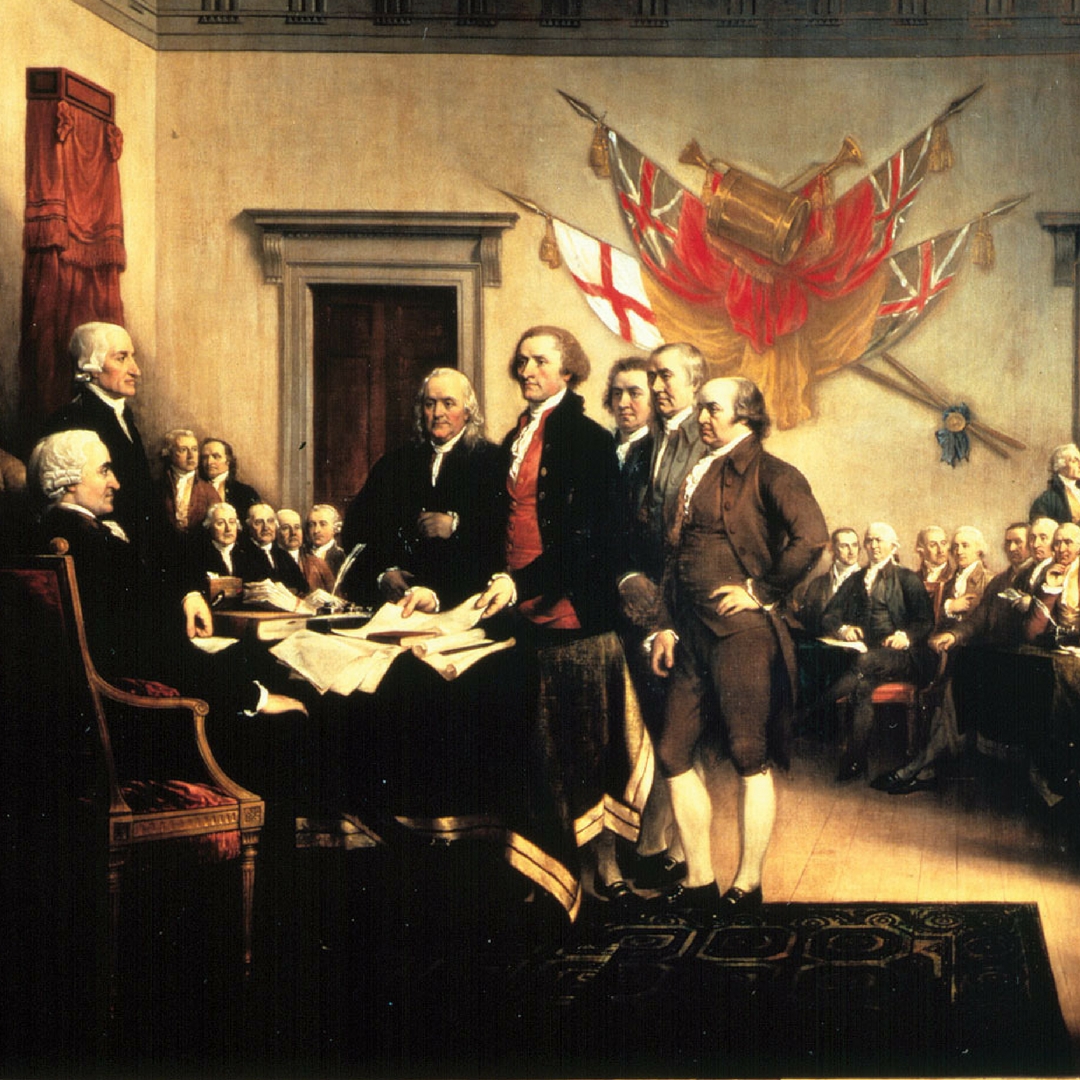
Accidental Republic
America was never intended to be a democracy. The Honorable Judge HEATHER FERGUSON examines the republic we were always meant to be.

Continental Congress
America was never intended to be a democracy. Its the term “republic” that appears in Article IV of the Constitution which "guarantees to every State in this Union a Republican form of Government." What exactly the writers of the constitution felt this should mean is uncertain. The Supreme Court, in Luther v. Borden (1849), declared that the definition of republic was a "political question" in which it would not intervene. But in two later cases, it did establish a basic definition. In United States v. Cruikshank (1875), the court ruled that the "equal rights of citizens" were inherent to the idea of a republic.
The term republic originated from the writers of the Renaissance as a descriptive term for states that were not monarchies. These writers, such as Machiavelli, also wrote important prescriptive works describing how such governments should function. These ideas, regarding how a government and society should be structured, is the basis for an ideology known as classical republicanism, and are based on the Roman Republic and the city states of Ancient Greece that focus on ideals such as civic virtue, rule of law and mixed government.
This understanding of a republic, as a distinct form of government from a liberal democracy, was expressed by writers included Machiavelli, Milton, Montesquieu and the founders of the United States of America. A distinct set of definitions for the word republic evolved in the United States. In common parlance, a republic is a state that does not practice direct democracy, but rather has a government indirectly controlled by the people. This understanding of the term was originally developed by James Madison, and notably employed in Federalist Paper No. 10.
As a lowly first year law student, I had a legal research and writing professor who was wise beyond her years. In addition to teaching us the basics of brief writing, she acted as a coach and mentor during those initially very scary months of law school. After two of our classmates failed to return following the Fall Break, she talked to us one morning in a conversation I have not only committed to memory but I have tried to live by and embody.
Democracy, she warned, whether in law school or life can lead to imbalance. We could study 200 hours per week and ignore the other aspects of our life, but that would render us useless to ourselves and ultimately to the law. On the other hand, she continued, we could treat law school flippantly by fully engaging in extra-curricular activity and the social promise of the collegiate experience. Yet that approach would likely cause us to fail, too. She encouraged instead a proposal that encompassed both. Emphasizing the importance of study should not eclipse those activities that brought us pleasure. Thus was born the concept of moderation.
Our country was founded three hundred years ago upon a system of checks and balances, and our three branches of government continue to moderate one another to ensure that the republivan principles that our Founding Fathers wrote about still serve and protect our nation. Unfortunately, our personal lives don’t always reflect that balance.
We thrive on excess and embrace credit cards and foreclosures in such a way that contributes to the staggering 50% divorce rate that now characterizes the American family. Laboring hard and long hours in the Office of the District Attorney, I’ll admit that I used to envy the income that partners and associates with the power law firms were earning. But I have neither envied the demands those firms placed upon the individual, nor the stressors to and collapse of their families. All too often, our identity and self worth are so inextricably tied to achieving success in our professions that we lose all sense not only of our own identity, but perhaps even more importantly, to the community in which our identity relies. And because our professions exhaust so much of our energy, it’s difficult to remember that they are just one tiny piece in the amazing puzzle, and the constant ideological battle between career success, family needs, and our personal brand.
While our Founding Fathers never intended America to be a political democracy, it follows that they understood something that their monarchial predecessors had not. “Its not that there are no masters but that there are many.” says Supreme Court Justice Elena Kagan. “Our job is to balance those masters and to accommodate them all, each in their proper places, wisely and well, and to take our place amongst the People of the United States.”






